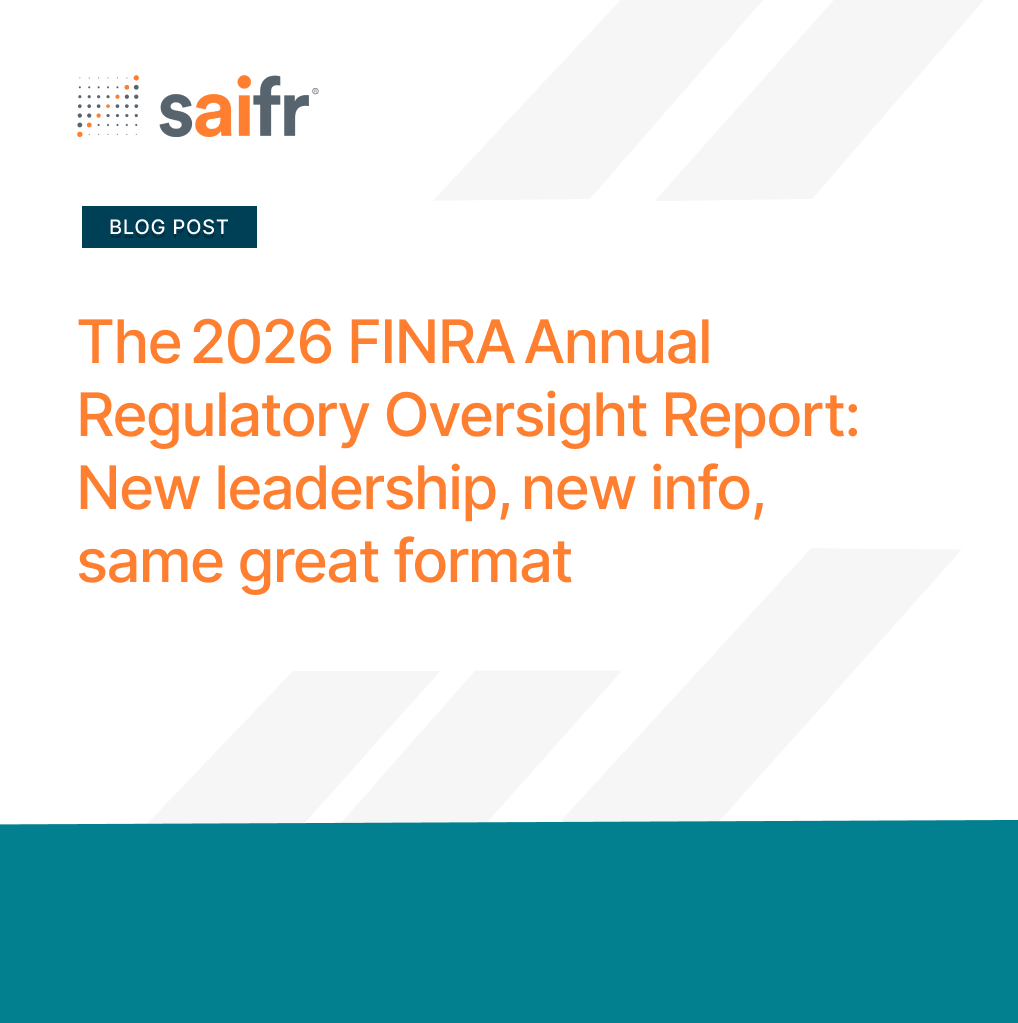“Gamification is a huge concern…I’m concerned when [it] crosses the line into a recommendation,” stated SEC Director for the Division of Enforcement Gurbir Grewal before the House Financial Services Committee on July 19, 2022. A year prior to this hearing, the SEC had announced a request for public comment regarding broker-dealer and investment advisor utilization of tools including behavioral prompts, gamification, and other design elements or features designed to engage with retail investors on digital platforms. These techniques are collectively called digital engagement practices, or DEPs.
DEPs may present challenges by repackaging financial advice. When DEPs utilize game-like features, they threaten to “blur the line between solicited and unsolicited transactions” by subtly pushing investors to trade specific securities designed to increase the retail investor’s trading activity. These actions are exactly the kind that regulations such as Regulation Best Interest, or Reg BI, and the fiduciary duties under the Investment Advisers Act have intended to prevent. As comment letters in response to the SEC’s request also highlighted, DEPs “encourage users to interact with the app and shape the information they consider in deciding whether or not to make trades.” Essentially, what financial professionals are barred from doing under preexisting regulations without the use of DEPs is not permissible simply because it has been repackaged into a gamified format.
Reframing advice to be in automated form has not prevented regulators from scrutinizing various digital platforms utilizing DEPs. In December of 2020, the SEC charged a broker-dealer with misleading customers about how the app profited as well as failing to deliver the required best execution of trades, leading to a $65 million settlement by the trading app. The SEC argued that the broker-dealer’s users paid for free trading through worse prices. In addition, its game-like interface oversimplified options trading, subsequently encouraging unqualified consumers to engage with high-risk investments more frequently. FINRA found that the broker-dealer’s AI bots approved investors for options trading who should not have been approved. Thus, it was penalized for not disclosing conflicts of interest and not applying the same rigid criteria when using AI as the rules require; no new rules were needed here to prosecute behavior that was simply packaged via automation.
Ebook → AI insights survey: Adopters, skeptics, and why it matters.
Demonstrating the same concerns about conflicts of interest around services marketed as “free,” the SEC reached another multi-million dollar settlement in June 2022, after charging the subsidiaries of an investment advisor who made false and misleading statements about the cash component of their robo-advisor service and failed to disclose a “cash drag.” The robo-advisory service of the subsidiaries marketed that it had neither advisory nor hidden fees. However, the robo-advisor earned a majority of its revenue from requiring the portfolios to hold an average of 12.5% cash collectively. In this case, according to the Commission, the customers were delegating investment allocation to AI and the failure of the subsidiaries to disclose these cash holdings prevented investors from making fully informed decisions regarding whether the lack of advisory fee in exchange for the cash drag benefited them. The problem here was not disclosing a conflict of interest that occurred in the form of automated management.
DEPs present even more challenges when they intersect with other novel areas in finance, such as communications through social media. The SEC settled civil charges with a broker-dealer for making misleading public statements in regards to its placement of restrictions on certain “highly volatile meme stocks” during January 2021, specifically halting the purchase and sale of AMC, GameStop, and Bed Bath & Beyond for ten minutes. Afterwards, the company’s co-founder made misleading statements on Reddit, a social media platform increasingly used by retail investors, stating, “our clearing firm tried to make us block you and we refused.” The SEC imposed a $100,000 penalty regarding these “deceiving comments,” sending a powerful message that social media was not exempt from the requirements around traditional marketing.
These actions by the SEC illustrate that the SEC is not hampered by the lack of a DEP rule. Whether DEPs require their own breed of regulations or simply more creative applications of existing rules is yet to be determined. Regardless of the regulatory future, firms need to be prepared to be examined and investigated for their DEPs. Firms using these digital nudges on customers need to ask themselves, are we acting in our clients’ best interest when adding DEP features? They should be prepared to demonstrate how these nudges help investors save and stay engaged with the markets in a constructive way, not promote the types of practices that enrich the apps at the expense of investors.
The opinions provided are those of the author and not necessarily those of Fidelity Investments or its affiliates. Fidelity does not assume any duty to update any of the information.
1066922.1.0






-1.png)